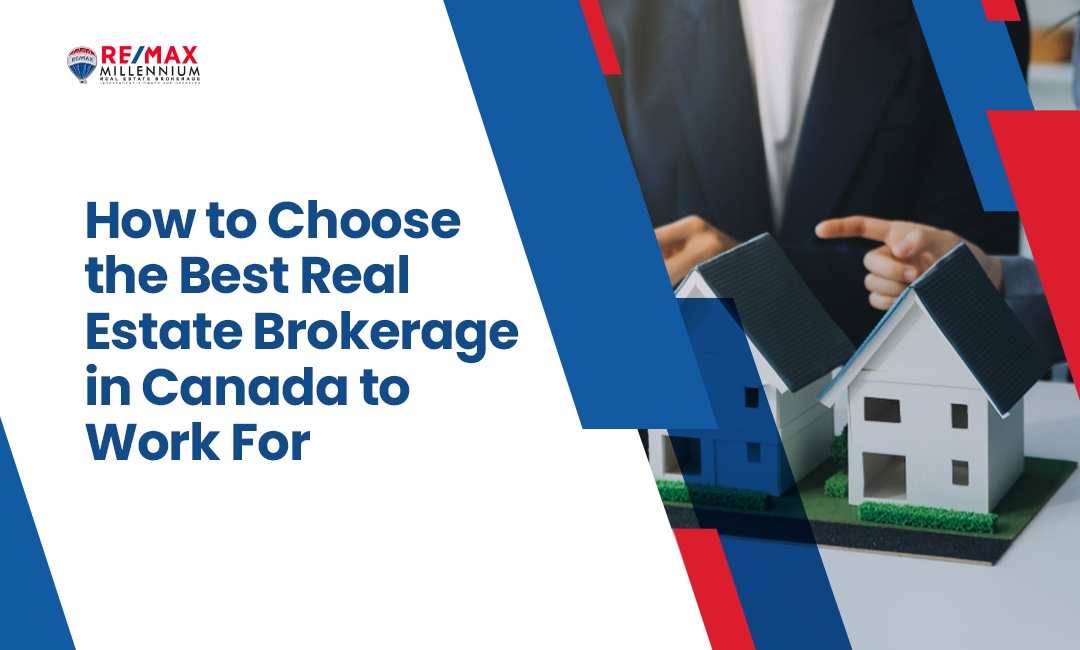
So, you’ve finally decided to take the plunge into homeownership – congratulations! You’ve crunched the numbers, figured out your down payment, and maybe even started browsing those dreamy listings online.
But hold onto your wallet because there’s more to this adventure than just the sticker price.
You’re probably thinking, “I’ve got my down payment and monthly mortgage figured out – what else could there possibly be?”
That’s what people think during their first home purchase until those “surprise” expenses start popping up like uninvited guests at a party.
Do you know that nearly 40% of first-time homebuyers are caught off guard by the hidden costs of purchasing a home?
But don’t worry!
We are here to reveal these hidden costs of home-buying so you can begin your smooth journey. Let’s explore the actual cost of making your homeownership dreams come true.
1. Home Inspection Fees
A home may look perfect, but there could be hidden issues. A home inspection can cost between $300 to $600, depending on the property’s size and location. Skipping this step might mean expensive repairs later.
2. Property Transfer Tax (Land Transfer Tax)
Most Canadian provinces charge a land transfer tax when you buy a home. The amount depends on the property’s value and location. Some cities, like Toronto, have an extra municipal tax. First-time buyers may get rebates, so check your province’s rules.
3. Legal Fees and Closing Costs
You need a lawyer to complete your home purchase. Legal fees typically range from $1,000 to $2,500. This includes title searches, paperwork, and closing costs. Make sure to budget for this.
4. Mortgage Insurance
If your down payment is less than 20%, you must pay for CMHC mortgage insurance. This protects the lender if you default. The cost is added to your mortgage and can range from 2.8% to 4% of your loan amount.
5. Property Taxes
Once you own a home, you must pay property taxes yearly. Rates vary by city and province. Some buyers forget this cost, but it can cost thousands of dollars annually.
6. Home Insurance
Your mortgage lender requires home insurance. The cost varies based on the home’s value, location, and coverage. Expect to pay around $1,000 to $2,500 per year.
7. Utility Hookups and Moving Costs
Setting up utilities like electricity, water, internet, and gas can cost $200 to $500 upfront. Moving expenses, whether you rent a truck or hire movers, also add up.
8. Maintenance and Repairs
Owning a home means fixing things when they break. A leaky roof or broken furnace can cost thousands. Setting aside 1% to 3% of your home’s value each year for maintenance is smart.
9. Condo Fees (If Buying a Condo)
If you’re buying a condo, you must pay monthly condo fees. These cover building maintenance, amenities, and repairs. Fees vary but can be hundreds of dollars per month.
10. Renovations and Upgrades
You can paint, update appliances, or redo floors. Even minor upgrades can add up quickly. Consider smart home investments to increase energy efficiency and security. (Learn more about Smart Home Investments).
11. Appraisal Fees
Lenders sometimes require a home appraisal before approving your mortgage. This ensures the home’s value matches the loan amount. An appraisal can cost $300 to $500.
12. Prepaid Costs (Utilities and Property Taxes)
Sellers sometimes prepay property taxes or utilities. You might have to reimburse them at closing. This can add a few hundred or thousand dollars to your closing costs.
How to Prepare for Hidden Costs?
- Budget for extra expenses: Set aside at least 3-5% of your home’s price for unexpected costs.
- Check all fees: Ask your real estate agent or lawyer about costs before making an offer.
- Get a home inspection: It might save you from costly repairs.
- Plan for the future: Think about long-term expenses like maintenance and upgrades.
Final Thoughts
Buying a home is a big step, and being prepared can relieve stress. Know the hidden costs, plan your budget, and make smart financial decisions.
If you’re looking for more tips, check out our guide on the top real estate market trends in 2025!
Planning lets you enjoy your new home without unexpected financial surprises.






